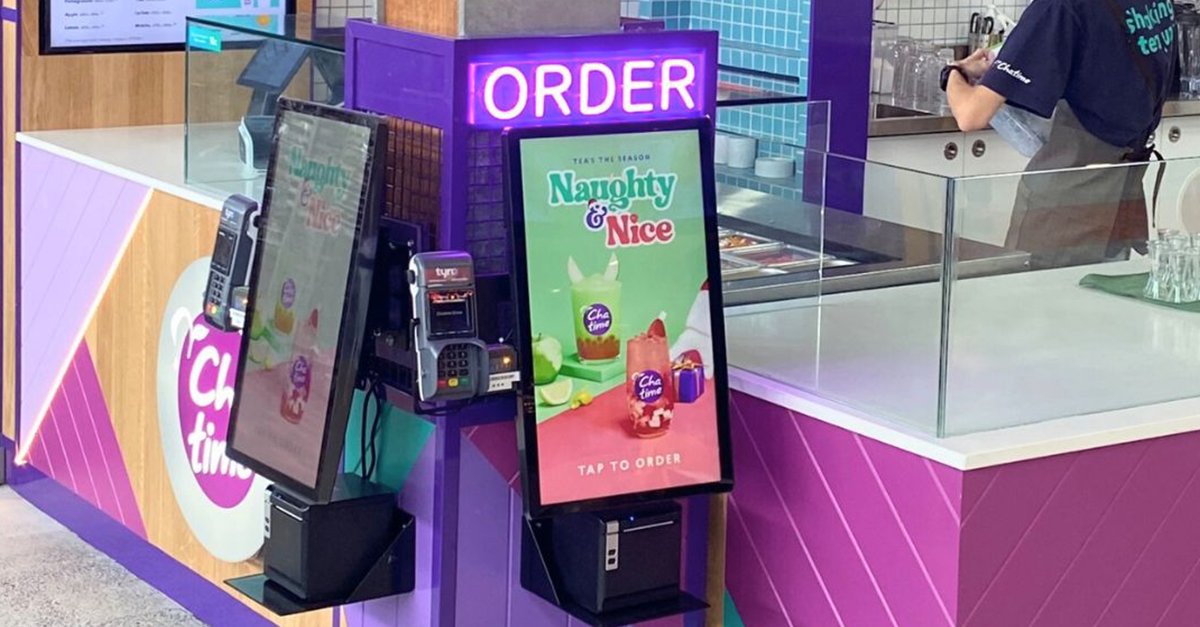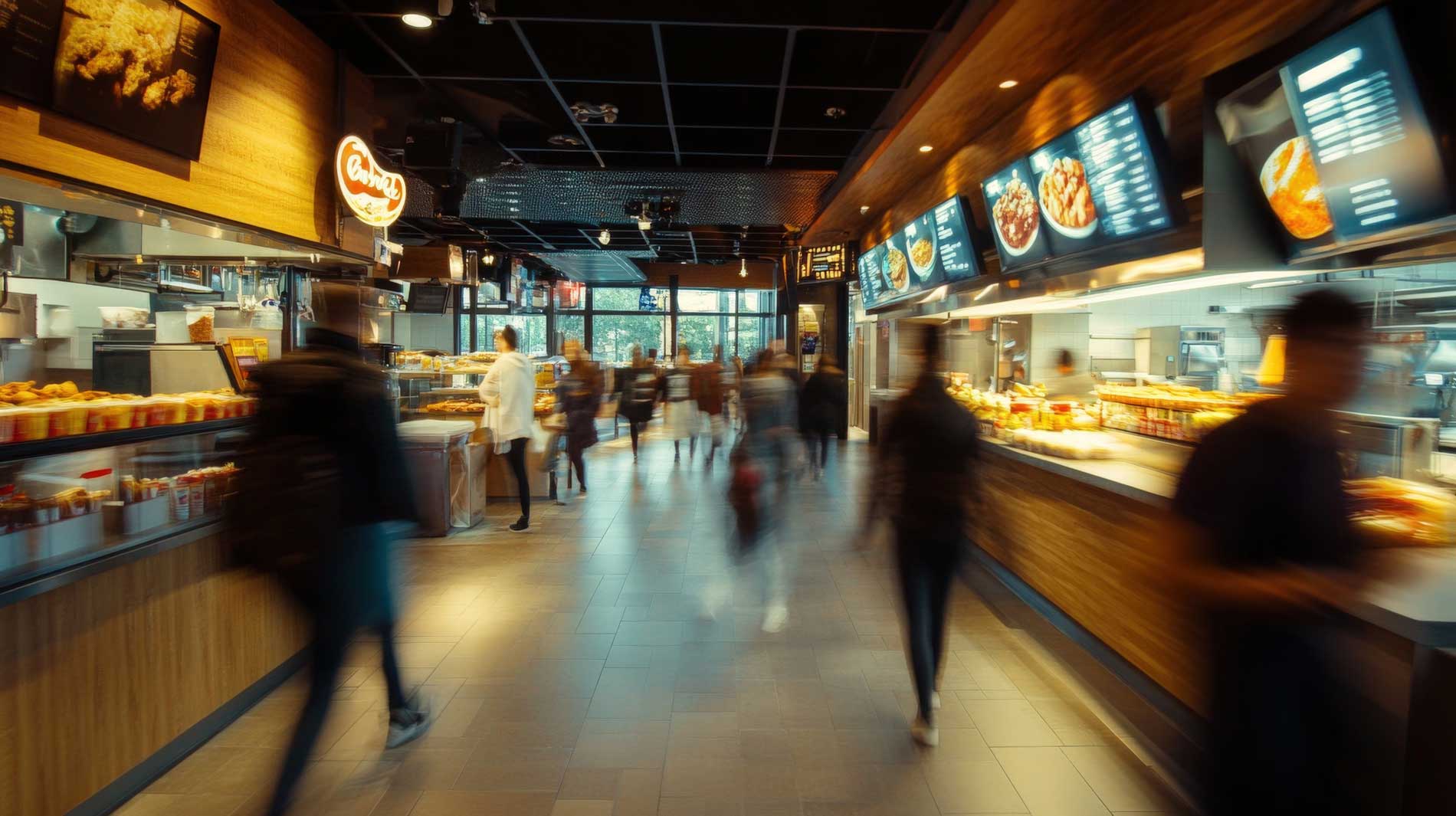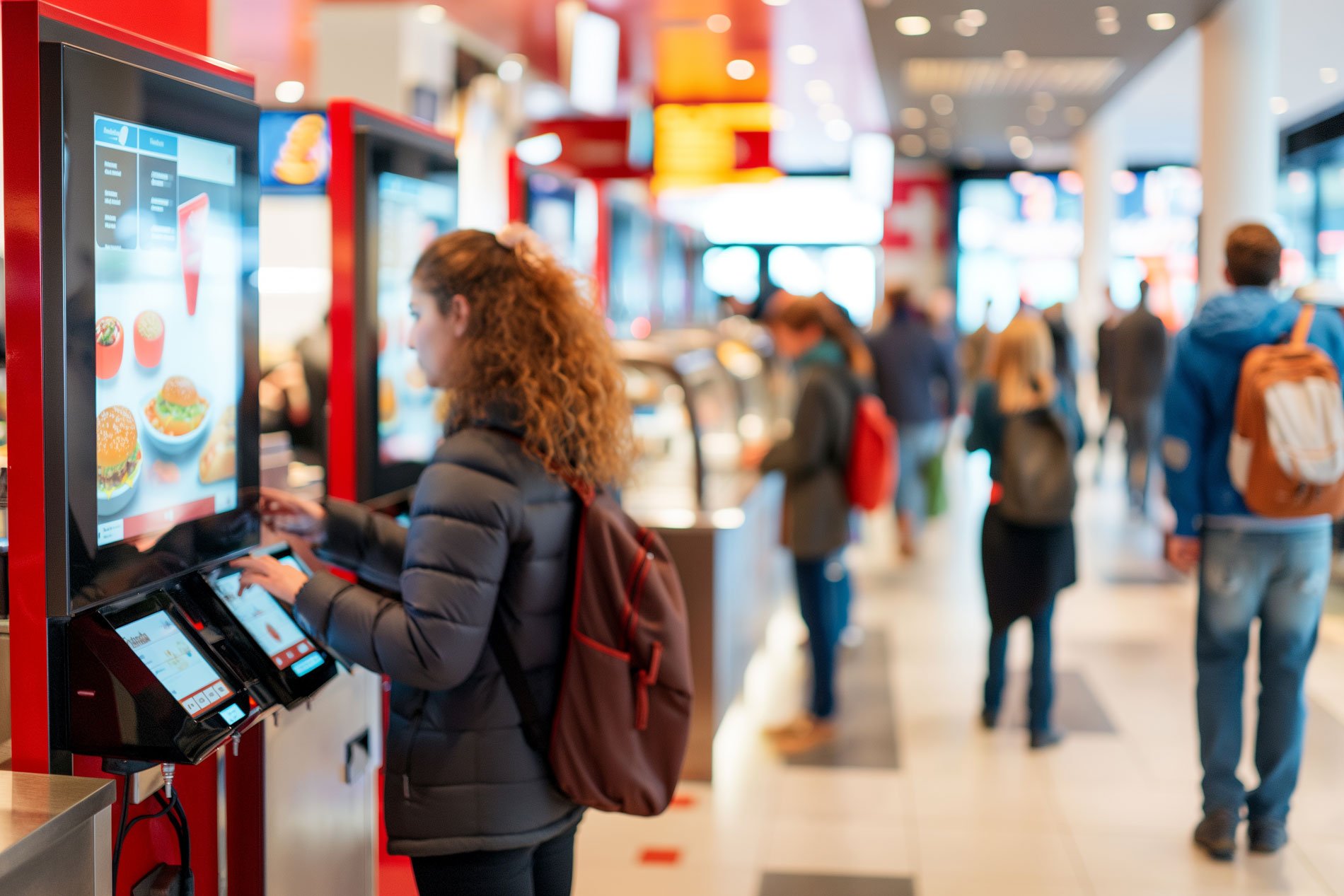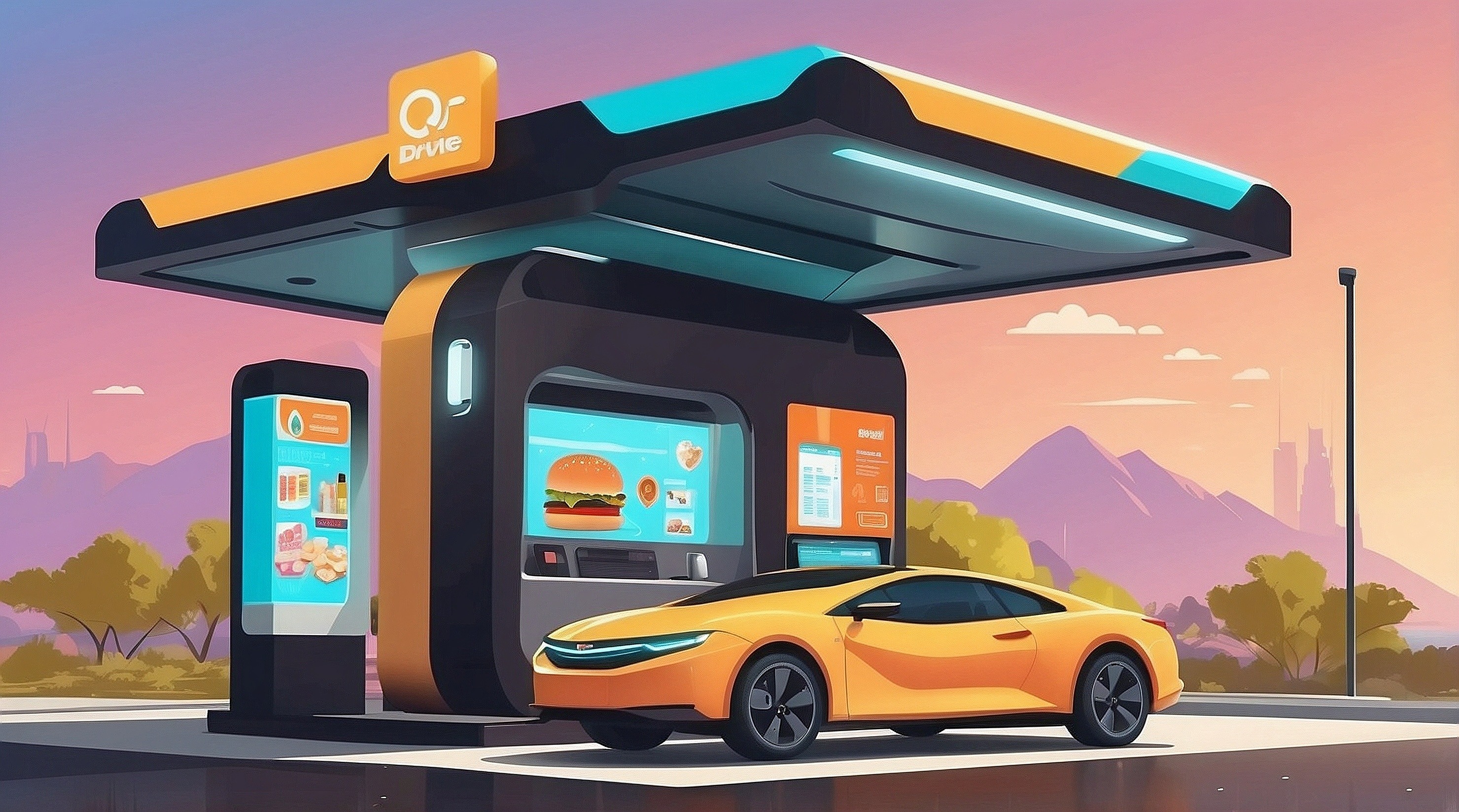Lifting the lid - what successful QSRs are doing to flourish
In today’s QSR and Fast Casual Dining sector, why is it that some restaurants are able to rise above challenges and flourish, whilst others struggle...
3 min read
Louie Scarpari : 17/02/2025 4:03:45 PM

2025 is set to be the year of the kiosk. In 2024, the annual ‘State of digital’ report by Qu found that implementing kiosks was the top priority for QSRs and Fast Casual Dining venues. A massive 44% of these businesses plan to implement them, putting kiosks way ahead of all other new ordering channels, including mobile apps, phone AI ordering and voice ordering.
The reasons these businesses see kiosks as an essential part of their future? The report found that QSR and Fast Casual Dining businesses choose kiosks for flexibility, cost-control, efficient operations, and customer experience. Let’s take a look at how kiosks deliver on these four business benefits.
Flexibility – in QSR and Fast Casual Dining, nothing is ever entirely predictable. No matter how well you plan, busy periods can sneak up on you and demand can unexpectedly spike. Conversely, what you thought would be a busy time sometimes ends up being surprisingly quiet. In a restaurant where all orders are taken by staff, managing the unexpected highs and lows of demand can be challenging. At busy times, you either have to call additional workers, or risk long queues. When things are quieter than expected, you have to send staff home early or accept that you’re paying wages that are not generating revenue. Kiosks give you the flexibility to ride changing patterns of customer demand in your restaurant – they are always ready to go the minute you need them and cost you no extra when you don’t.
Cost control – With staff wages being one of their biggest cost items, QSRs and Fast Casual Dining venues are always looking for ways to lower staff costs without impacting customer service. implementing kiosks for order taking allows you to significantly reduce or even eliminate order taking staff, allowing you to either run your business with fewer staff, or to redeploy your team to other areas, such as the kitchen.
Kiosks not only help to lower costs, but to predict and manage them more effectively. Kiosks have a fixed cost which can be budgeted for, whereas staff costs can be unpredictable – for example, the costs for recruitment and training when there is staff turnover or cover when staff are sick or on leave.
Efficient operations – efficiency is at the heart of every successful QSR/Fast Casual Dining operation and kiosks play a vital role here too because they deliver consistently and without error. Unlike human staff, kiosks are 100% consistent in their standard of service. When you implement kiosks for order taking, you can be sure, for example that cross sell and upsell offers will always be made, that a loyalty card will always be asked for and that promotions will always be applied. The same way, every single time. Kiosks also eliminate the opportunity for order errors – with orders flowing directly from the customers’ fingertips to the kitchen, there is no room for human mistakes. Kiosks deliver a consistent, error-free experience which maximises the value of every transaction.
Customer experience – perhaps the best news of all for QSRs and Fast Casual Dining venues considering using kiosks for ordering is that, alongside the operational benefits, customers love using them, so they are a real positive for customer experience too.
These benefits are universal, and many of the world’s best known QSRs have already implemented kiosks and started to reap the rewards:
If you haven’t yet taken the plunge with kiosks yet, the benefits are clear – so make 2025 YOUR year of the kiosk.

In today’s QSR and Fast Casual Dining sector, why is it that some restaurants are able to rise above challenges and flourish, whilst others struggle...

In today’s fast-moving QSR environment, customer expectations have shifted. Consumers are no longer simply choosing where to eat based on price or...

QSR is a fast-paced, dynamic industry. Its consumers are demanding, always looking for ‘new and improved’, whether that’s on the menu, or in the...